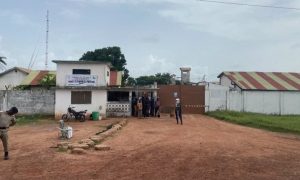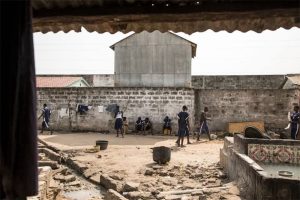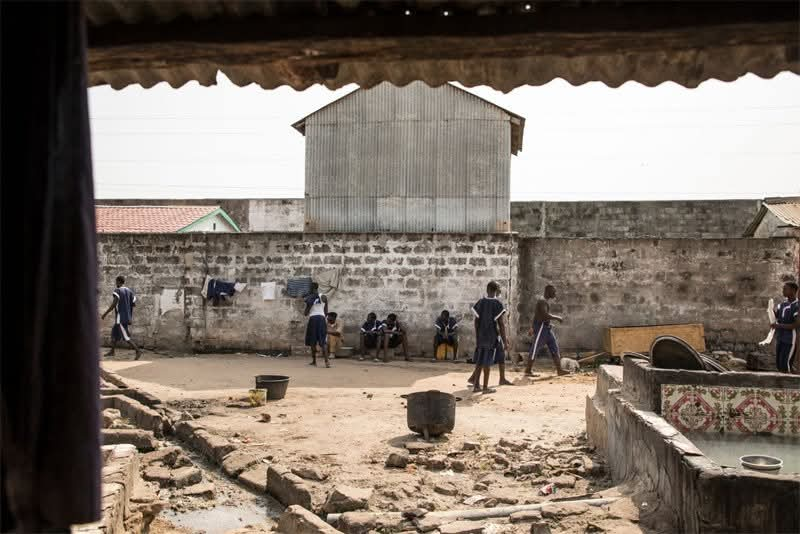The Gambian government has bowed to growing pressure over human rights abuses at Mile 2 Central Prison, announcing plans to build a new facility that would finally allow for the closure of the country’s most notorious jail.
Attorney General and Minister for Justice, Dawda A. Jallow, confirmed the plan during a press briefing in Bijilo, admitting the conditions at Mile 2 are “horrible.” He said half of the funding has already been secured and land has been allocated for the project.
For years, Mile 2 has been a stain on The Gambia’s justice system. Under Yahya Jammeh’s dictatorship, it became a place of torture, indefinite detentions, and extrajudicial killings. Even today, it is condemned for overcrowding, poor sanitation, and prolonged detentions without trial.
Civil society groups and rights activists have consistently called for its closure. The Truth, Reconciliation and Reparations Commission (TRRC) placed prison reform high on its recommendations, citing the brutal history of Mile 2. Yet critics argue that successive governments have delayed action.
The latest push came from youth activist Lamin Sey of the Gambians Against Looted Assets (GALA), who raised the issue at the press conference. Sey, recently detained at Mile 2 after a protest, said young detainees are left without lawyers and have no idea about the status of their cases. He said he has a list of such individuals, evidence, he argued, of systemic neglect.

Minister Jallow conceded that some prisoners on remand are held for nearly a year without trial, a practice that undermines confidence in the justice system. He insisted his office makes prison visits to address delays, but his admission underlined how deeply entrenched the problem remains.

The announcement of a new prison may signal progress, but rights groups say the government is reacting to pressure rather than leading on reform. For many Gambians, Mile 2 is more than a prison — it is a reminder of dictatorship and impunity. Its closure, if it happens, will be judged not by promises of a new building, but by whether the state delivers justice, transparency, and dignity for those it holds.





